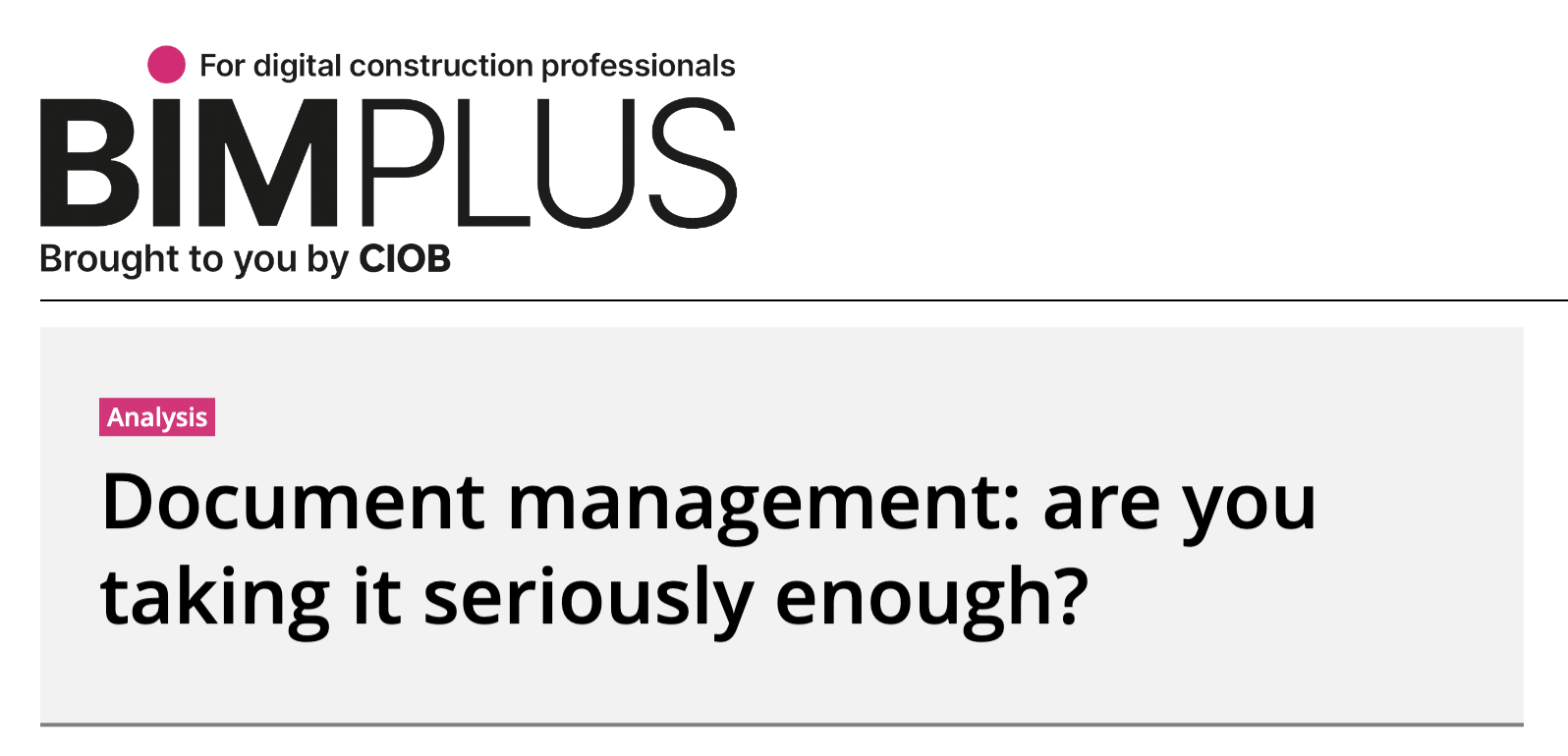Our services in the field of information and documentation management are a natural branch of our work with the archives of heritage institutions. This background gives us a unique insight into best practices for managing digital data collections (including O&Ms and drawings for the built environment) across live projects and legacy documentation alike.
Our approaches are tailored to our clients; many organisations are wrestling with the challenges of documentation management but every situation is unique. Volume, age, and format of documentation varies, as does the requirements for it. Software can be a key component, but how you structure your data is often more important than where you keep it – if you can’t find something when you really need it, what good is the database at all?
We can help with tasks such as:
- Assessing data collections for completeness, usability, etc.
- Reviewing existing informational processes
- Establishing procedural and data standards
- Planning and managing the impact of software changes
- Digitisation and information restructuring projects
We work with a variety of organisations across different sectors but sorting out large, chaotic archives of documentation and drawings is a speciality of ours. We are experienced in working with our clients’ existing resources to find new and sustainable solutions – overhauling data structures, reviewing processes, and implementing new standards. We can also work with in-progress or pre-construction projects to establish standards and structures, facilitating efficient delivery and handover.
Our goals are to maximise the capacities for accessibility, sustainability, and business resilience.
If this is of interest to you, please do get in touch for an informal chat about how we might help you.
Our Lead Consultant and Director, Sarah Cole, is also available to give talks and lead workshops around these topics.
Services
We provide a variety of services to facilitate this work. This list is not exhaustive as our work is flexible.
- Comprehensive assessment of existing documentation and processes
- Overviews of building histories derived from legacy documentation
- Recommendation reports addressing software, data structures, processes, resourcing, etc.
- Implementation of recommendations
- Practical restructuring of documentation collections and databases
- Development of custom metadata ontologies for improved search-ability
- Population of metadata fields for legacy documentation
- Liaison with in-house engineering and facilities teams
- Liaison with third parties, such as contractors and project managers
- Skills training for Document Controllers and other users
Clients and Collaborators
We have worked with a variety of organisations across different sectors to tackle challenges around buildings documentation including CBRE, Credit Suisse, Henry Brothers, Kettering General Hospital, Kier, Manchester Metropolitan University, the University of Lincoln, the University of London, and Wembley Area.

Sarah recently spoke to BIMplus about the importance and challenges of documentation management for the built environment.
Click here to read it.

Digital Construction Week 2024 Presentation by Sarah Cole
I gave a talk about documentation management at Digital Construction Week 2024. In it, I talked (at speed) about the challenges of good document management.
I may record this talk and share it online in due course, as I was over-ambitious and ran out of time when I gave the talk in-person, but here’s some information as an interim measure.
Some of my key points were:
- The structure of your documentation is generally more important that the software you use to house it.
- Dedicated Document Controllers and Document Managers are critical for adequate maintenance and oversight of building documentation.
- Documentation-related processes, or the appearance of them, can mask serious deficiencies in the actual data if not honestly reviewed and interrogated.
- Any single document or drawing not acquired during a project can cast a long shadow that causes huge problems later on.
- If you can’t find the documentation you need in a building emergency (e.g. a fire, serious electrical failure, etc.) then is your database adequate?
- Not investing in documentation solutions sets organisations up for potentially catastrophic problems.
- Good metadata and good document registers are key to a coherent dataset.
- It takes time and investment to bring a documentation database up to standard.
- Old O&Ms can be catalogued and updated for modern formats.
You can view an embedded PDF of the slides below, or download the PDF by clicking here.
If you’d like me to give this presentation (or a version of it) in person, or if you’d like to discuss your documentation issues, please do get in touch or contact me via the details in the presentation.
SCole-DCW24-Edit